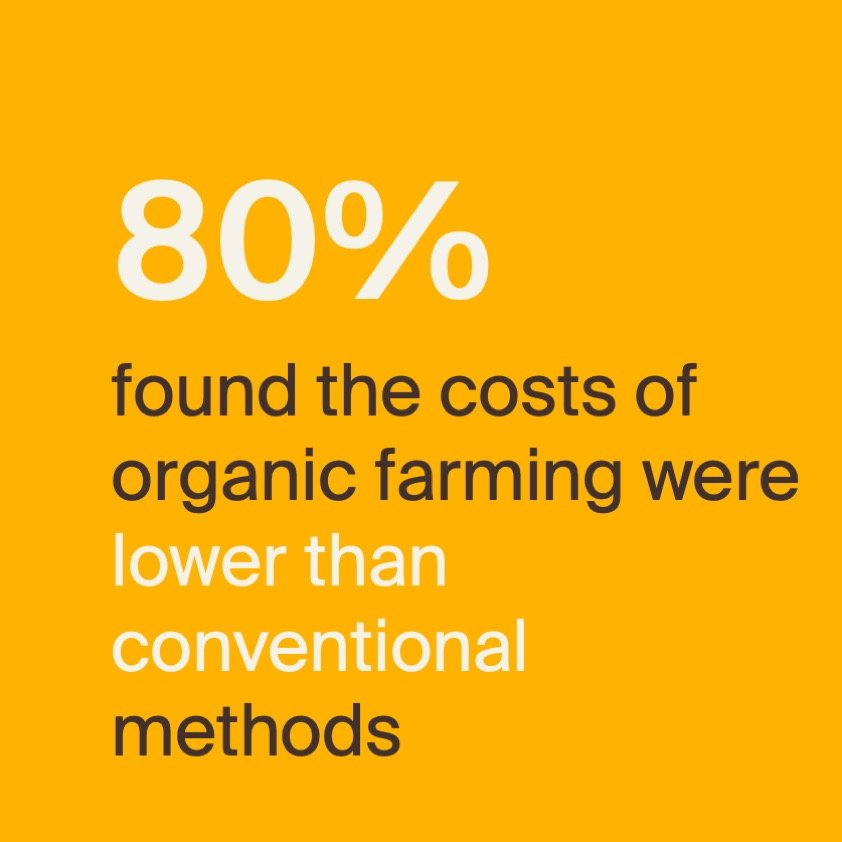supporting farmers to become climate resilient
Small farmers in tropical countries such as India are particularly vulnerable to the erratic rainfall linked to global warming. Our FPO cotton farmers are encouraged to harvest rainwater by building small bunds, or dams, which reduce water run-off and replenish the water table. They also practice intercropping, the growing of other carefully selected edible crops alongside their cotton to increase the soil’s biodiversity and carbon content. A more nourished soil holds water better, making the most of reduced rainfall and ensuring the valuable topsoil is not washed away.
The benefits of organic farming go beyond the environment and the associated costs are lower than conventional methods. And there are no toxic chemicals involved that might harm farmers, their families or farm animals.
working together
Individual small farmers are often subjected to high costs, low quality, and payment delays by unscrupulous middle-men. Working together, we assist our FPO farmers to negotiate for credit at a lower cost, with higher quality farming inputs and timely payment for their cotton.
the 3 pillars of regenerative farming
rehabilitate soil
Nurturing and restoring soil health by improving the balance of nutrients and organic matter within it.
respect animal welfare
Animals that are pasture-fed improve the bio-diversity of the soil, control weeds and fertilise the soil.
value people
Ensuring sustainable livelihoods for farmers and their communities.
explore our seed to shop process
the impact of regenerative farming










